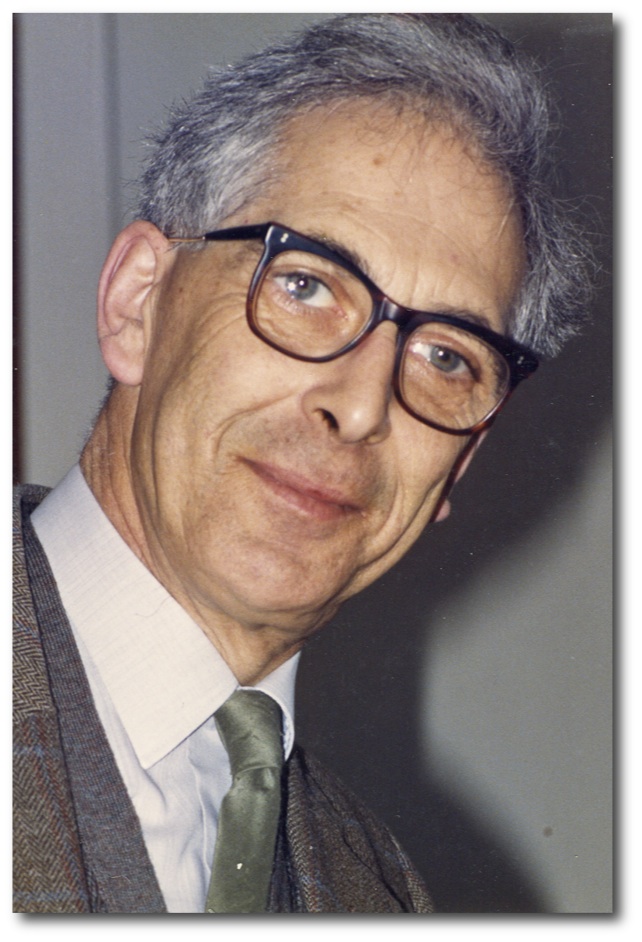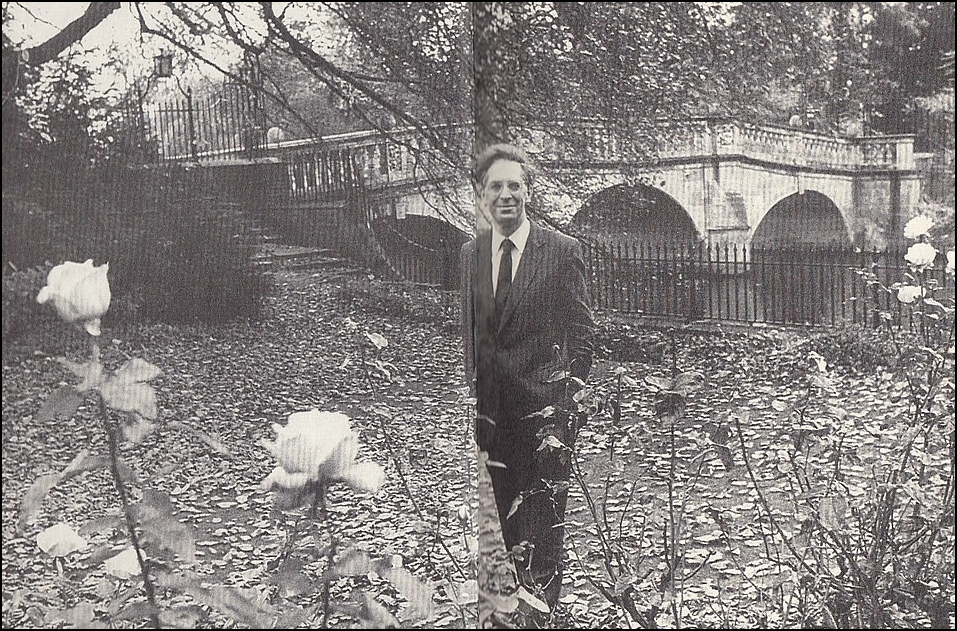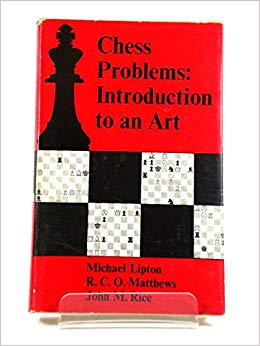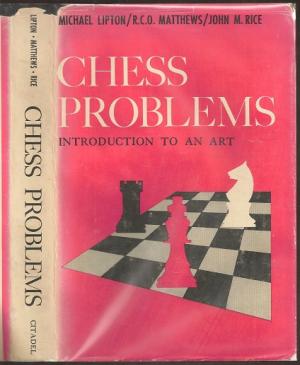
- This event has passed.
Death Anniversary of Robin Matthews (16-vi-1927 19-vi-1983)
June 19, 2024

BCN remembers Robin Matthews CBE, FBA who died in Cambridge aged 83 on June 19th 2010. Probate (3367272) was granted in Ipswich, Suffolk on September 6th, 2010.
Robert (Robin) Charles Oliver Matthews was born in Edinburgh on Thursday, June 16th 1927. Born on the same day was England cricketer, Tom Graveney.
His English father, Oliver Harwood Matthews became an Edinburgh solicitor and his mother was Ida Matthews (née) Finlay. Robin had a daughter Alison.
Academia
He was educated at Edinburgh Academy and then Corpus Christi College, Oxford becoming a Fellow of All Souls College, Oxford. He went on to become a highly successful economist authoring at least twelve publications on the subject.
According to Wikipedia “He was the Drummond Professor of Political Economy at Oxford from 1965 to 1975 and the Professor of Political Economy at Cambridge from 1980 to 1991. He was also the Master of Clare College, Cambridge from 1975 to 1993.”
For a detailed description of this part of his life there is an excellent obituary / biography from the Australian economist, Geoffrey Harcourt.
Problem Composer
Brian Stephenson (BCPS) writes : “Probably the UK’s greatest composer of ‘mate in 3’ #ChessProblems . His chapters in the book you note were what got me hooked on chess composition. Nearly all of his output can be viewed at The Meson Database”
Black Correction: Quaternary Play
First Prize, The Observer, 1964
Mate in three
According to David McKittrick in The Independent:
“Outside academia, Matthews was keen on chess, in particular setting problems and publishing two books on what are known as three-mover directmates, in which white is to move and checkmate black in no more than three moves against any defence.
Although this might be thought a particularly narrow point of interest, one enthusiast said of him that his writings “demonstrated a deep knowledge along with the feeling of wonder and curiosity about the subject”.

From The Oxford Companion to Chess by Hooper & Whyld:
“British Composer, International Judge of Chess Compositions (1957), International Master for Chess Compositions (1965), economist, appointed Master of Clare College, Cambridge in 1975. He has specialised in orthodox three movers and is among the world’s leaders in this field.”
Here is an obituary from The Daily Telegraph
and an obituary from The Independent

From The Encyclopedia of Chess by Anne Sunnucks :
International Master of the F.I.D.E. for chess compositions (1965) and International Judge of the F.I.D.E. for Chess Compositions (1957). President of the British Chess Problem Society for 1971 and 1972. Professor of Economics at Oxford University.
Cyclic Overload Doubled
First Prize, British Chess Magazine, 1968
Mate in three
Born on 16th June 1927. Professor Matthews has composed about 200 problems, about 40 of them 1st prize winners, mainly strategic three-movers, He is one of the world’s best three move composers.
Nowotnys
British Chess Magazine, 1967
His best problems give clear-cut expression of complex themes, with proper attention given to key-move and by-play in the best English tradition.

The results are massive rather than elegant, but carefully constructed. Themes he has specialised in include overload White self-weakening and reciprocal change.”
R.C.O. Matthews
British Chess Magazine
1956
White to play and mate in three moves
From Wikipedia :
“Robert (Robin) Charles Oliver Matthews (16 June 1927 – 19 June 2010) was an economist and chess problemist.
Matthews was born in Edinburgh. He was educated at Edinburgh Academy and Corpus Christi College, Oxford, and was a Fellow of All Souls College, Oxford. He was the Drummond Professor of Political Economy at Oxford from 1965 to 1975 and the Professor of Political Economy at Cambridge from 1980 to 1991. He was also the Master of Clare College, Cambridge from 1975 to 1993.”
